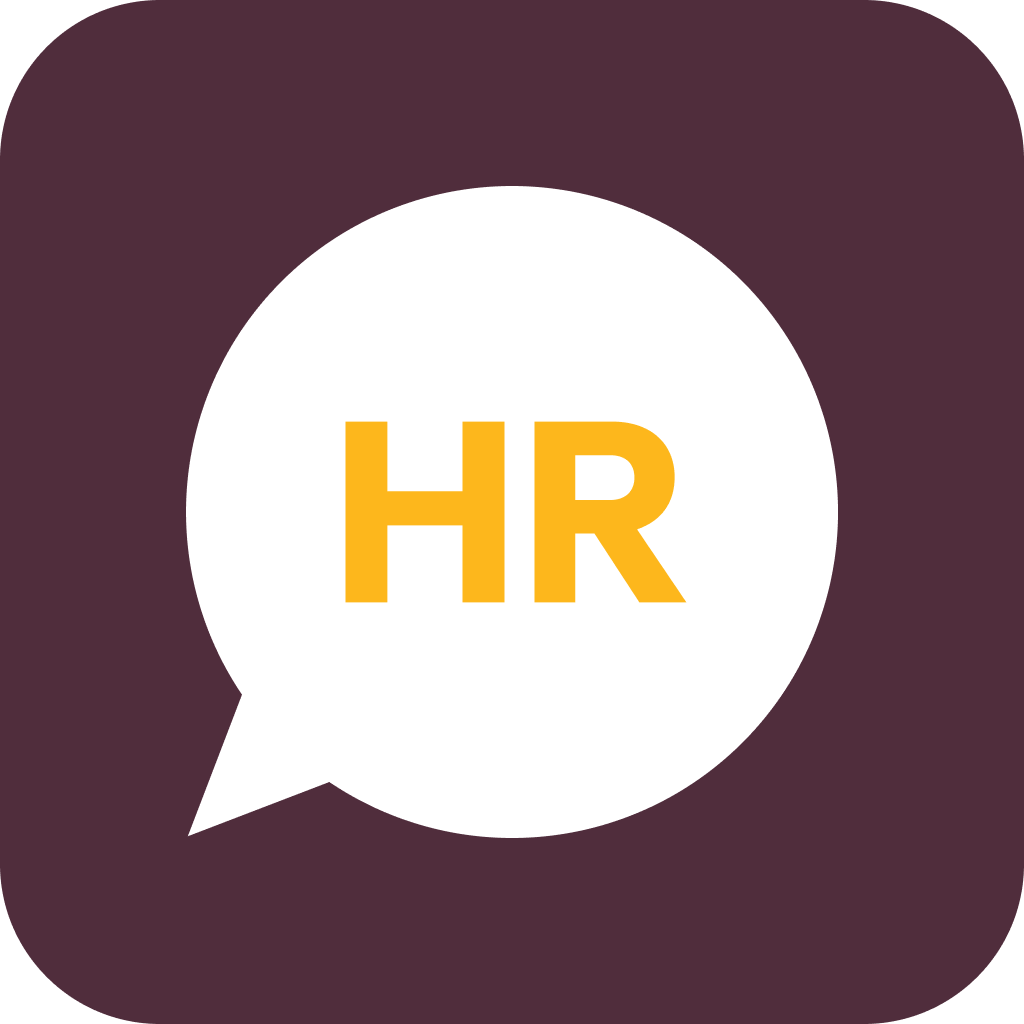A remote job is a type of employment that allows an individual to work from a location outside of a traditional office setting, often from home or any place with internet access. Remote jobs typically involve tasks that can be performed online, allowing for flexibility in work location and, sometimes, work hours.
What does working remotely mean?
Working remotely refers to a work arrangement where employees perform their job duties outside of a traditional office setting. Remote workers can be employed full-time or part-time and typically have the flexibility to work from various locations, such as a coworking space, a home office, or even a coffee shop with wifi. Unlike in-person roles, remote jobs eliminate the need for commuting, allowing employees to work without being physically present in the office.
Remote job vs. work from home (WHF)
A remote job and work from home (WFH) are similar concepts but have distinct differences.
A remote job allows employees to work from any location, whether it be a home office, a coworking space, or while traveling, as long as they have an internet connection.
In contrast, WFH specifically refers to working from home.
Both remote jobs and WFH can involve telecommuting, where employees do not need to be physically present in a traditional office setting. However, remote jobs offer more flexibility in terms of location, while work-from-home jobs are typically confined to the employee's home.
Remote job vs. freelance
Remote employees work for a company, with set responsibilities, work hours, and often benefits, such as health insurance or paid time off.
Freelancers can also work remotely, but they work independently, often on a project basis for multiple clients.
Remote employees are usually tied to a specific company and follow its work arrangements, whereas freelancers have more control over their work schedules and the type of projects they take on, without the formal structure of employment.
Types of remote jobs
There are many different types of remote jobs:
- Fully remote: These jobs are entirely location-independent, allowing employees to work from anywhere in the world.
- Remote-first: Companies with a remote-first approach prioritize remote work, with most of their workforce operating remotely, though they may still maintain a physical office.
- Hybrid: In hybrid roles, employees split their time between working remotely and working from a traditional office.
- Remote work optional: Employees have the option to work remotely or from the office, depending on their preference or the company's needs.
Common remote jobs
Some of the most common remote positions include:
- Software development
- Digital marketing
- Content writing
- Graphic design
- Virtual assistant
- Customer service
- Social media management
- Data analysis
- Project management
- Online tutoring
- Copywriting
- Web design
- Sales
- Technical support
- Translating
- Human resources
Where can you work remotely?
Remote work offers flexibility in terms of where you can perform your job duties.
Employees working remotely can often choose their work environment, whether it's at home, in a coworking space, or even while traveling as digital nomads. The key to successful remote work is making sure that you have a reliable workspace with a strong internet connection and that you can manage time zone differences, especially if you’re part of a remote team spread across various locations. Effective communication and collaboration with your team members will be an essential part of maintaining productivity and hitting company goals.
Where to list (and find) remote jobs online
Both finding and listing remote jobs online can be done through various job search platforms:
- Flexjobs: A popular job board that specializes in remote, part-time, and freelance job listings
- LinkedIn: Where job seekers and recruiters can connect, with many remote job opportunities posted daily
- Other job boards and social media platforms: Host many job listings from remote companies seeking talent
Pros and cons of having a remote job
Pros of having a remote job
Cons of having a remote job
Work-life balance: Remote jobs often provide a better work-life balance by eliminating commutes and offering flexible work hours, allowing employees to manage personal lives alongside work responsibilities.
Lack of company culture: Remote work can sometimes lead to feelings of isolation and a weaker connection to company culture compared to in-office employees. Some employees miss the structure and social interactions of a traditional office environment, which can impact their overall job satisfaction.
Increased productivity: Many remote workers report higher productivity levels when working from their preferred environment, free from the distractions of a traditional office.
Work hours: Without clear boundaries, remote workers may find it difficult to disconnect, leading to longer work hours and potential burnout.
Flexible schedule: Remote workers can often choose their own work schedule to better fit their lifestyle and location.
Benefits: Some benefits, like healthcare, may be more difficult to offer to remote employees in different locations.
Frequently asked questions about remote jobs
What tools are commonly used for remote work?
Messaging and video conferencing tools like Slack, Microsoft Teams, and Zoom are popular among remote teams for real-time communication and collaboration.
How important is a strong internet connection for remote work?
A reliable internet connection is crucial for remote work, especially for tasks that involve video conferencing, cloud-based work, and real-time collaboration with team members.
How has the pandemic changed the perception of remote jobs?
The pandemic has significantly increased the acceptance and prevalence of remote jobs, making them a viable and sometimes preferred option for both employers and employees seeking flexibility.
How do remote jobs affect employees’ personal lives?
Remote jobs can offer a better work-life balance, but they also require discipline to avoid letting work intrude on personal life. Managing work hours effectively is key to maintaining boundaries.
Rippling and its affiliates do not provide tax, legal, or accounting advice. This material has been prepared for informational purposes only, and is not intended to provide, and should not be relied on for, tax, legal, or accounting advice. You should consult your own tax, legal, and accounting advisors before engaging in any related activities or transactions.
















































































